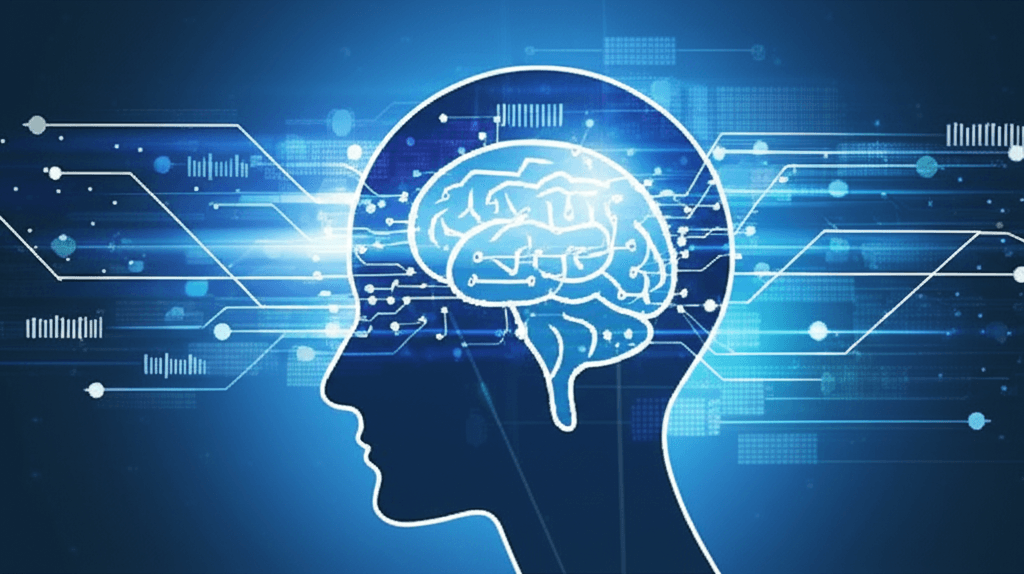AI Reliance Erodes Doctors' Key Diagnostic Skills, Study Finds
Doctors using AI may lose diagnostic acuity without it, prompting questions about preserving human expertise in a tech-driven age.
August 13, 2025

A groundbreaking study has unveiled a potential downside to the increasing reliance on artificial intelligence in medicine, suggesting that doctors who regularly use AI during colonoscopies may experience a significant decline in their own ability to detect precancerous lesions when the technology is unavailable. This research, which points to a worrying erosion of fundamental diagnostic skills, has sparked a critical conversation about how to best integrate AI into clinical practice without undermining the expertise of medical professionals. The findings highlight a crucial challenge for the AI industry and the healthcare sector: ensuring that technology serves as a tool to augment, not replace, human judgment and skill.
The study, published in The Lancet Gastroenterology & Hepatology, was conducted at four colonoscopy centers in Poland and involved 19 experienced endoscopists, each having performed over 2,000 procedures.[1][2] The research tracked the adenoma detection rate (ADR), a key quality metric in colonoscopy, before and after the routine implementation of an AI assistance tool.[1] The results were stark: the average ADR for colonoscopies performed without AI assistance dropped from 28.4% before the introduction of AI to 22.4% after its implementation.[1][3] This represents a 20% relative decrease in the doctors' ability to find these critical precancerous growths on their own.[1][3] Researchers suggest this decline could be attributed to several factors, including cognitive offloading, where clinicians unconsciously rely on AI prompts, reduced vigilance, and altered visual search patterns.[3][4]
These findings raise significant questions about the long-term impact of AI on the medical profession. Professor Yuichi Mori from the University of Oslo, an author of the study, warned that this skill degradation could worsen as AI systems become more sophisticated.[5] Dr. Omer Ahmad, a gastroenterologist at University College Hospital London, echoed these concerns, emphasizing the need to "safeguard against the quiet erosion of fundamental skills."[5] The effect could be even more pronounced for trainees and newly qualified doctors who may become dependent on AI before fully mastering essential diagnostic techniques.[5] This issue is not isolated to medicine; a 2025 MIT study found that students using AI for writing tasks showed less cognitive engagement, suggesting a broader trend of AI-induced reduction in critical thinking skills.[6]
Despite these concerns, the benefits of using AI in medical diagnostics, particularly in gastroenterology, are substantial and well-documented.[7][8] AI-powered systems excel at identifying subtle anomalies that the human eye might miss, leading to increased accuracy and earlier disease detection.[7][9][8] Numerous studies have shown that AI assistance significantly boosts the adenoma detection rate during colonoscopies, which can help prevent the progression to colorectal cancer.[10][11] In the Polish study, the ADR for procedures conducted with AI assistance was 25.3%.[1] Beyond diagnostics, AI can also automate routine administrative tasks, streamline workflows, and reduce physician burnout by allowing doctors to focus more on complex cases and patient care.[12][13][14] The technology also holds the potential to standardize the quality of care, bringing the performance of non-expert practitioners to a level comparable with experts.[15][16]
Moving forward, the healthcare and AI industries face the challenge of harnessing the power of artificial intelligence while mitigating the risk of skill atrophy. Experts suggest that a balanced approach is essential, where AI is viewed as a supportive tool rather than a replacement for human expertise.[5][17] Potential strategies to counteract skill degradation include implementing "AI-free" days or requiring clinicians to occasionally work without technological assistance to maintain their fundamental abilities.[4] Furthermore, medical training programs will need to adapt, ensuring that future generations of doctors develop strong foundational skills before becoming reliant on AI tools. The ultimate goal is to foster a collaborative environment where the combined performance of the human expert and the AI tool is superior to either one working alone, ensuring both high-quality patient care and the continued expertise of medical professionals.[7][18] The evolution of AI in medicine promises significant advancements, but its successful integration depends on a thoughtful and proactive approach to preserving the invaluable skills of human doctors.[17]
Sources
[2]
[3]
[4]
[6]
[8]
[9]
[10]
[11]
[12]
[13]
[14]
[15]
[17]
[18]